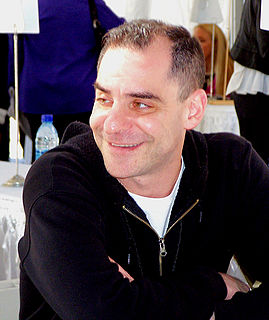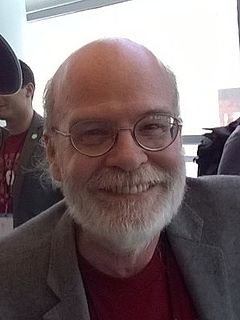A Quote by George Washington
I am principled against this kind of traffic in the human species . . . and to disperse the families I have an aversion.
Quote Topics
Related Quotes
It must be stressed that there is nothing insulting about looking at people as animals. We are animals, after all. Homo sapiens is a species of primate, a biological phenomenon dominated by biological rules, like any other species. Human nature is no more than one particular kind of animal nature. Agreed, the human species is an extraordinary animal; but all other species are also extraordinary animals, each in their own way, and the scientific man-watcher can bring many fresh insights to the study of human affairs if he can retain this basic attitude of evolutionary humility.
Genuine recollections almost invariably explain oneself to oneself. Suppose, for example, that you feel an instinctive aversion to some particular kind of wine. Try as you will, you can find no reason for it. Suppose when you explore a previous incarnation, you remember you died by a poisoned administered in a wine of that kind, your aversion is explained by the proverb: 'A burnt child dreads the fire.'
I am no fun at all. In fact, I am anti-fun. Not as in anti-violence, but as in anti-matter. I am not so much against fun - although I suppose I kind of am - as I am the opposite of fun. I suck the fun out of a room. Or perhaps I'm just a different kind of fun; the kind that leaves on bereft of hope; the kind of fun that ends in tears.
Why would so many risk their reputations, families, careers—even presidential legacies—for something that runs against human nature? Were monogamy an ancient, evolved trait characteristic of our species, as the standard narrative insists, these ubiquitous transgressions would be infrequent and such horrible enforcement unnecessary. No creature needs to be threatened with death to act in accord with its own nature.
The human species is often amazingly inventive and industrious but at the same time profoundly lazy. It's very clear that we humans don't like to work. This aversion to work is so extreme - and our ingenuity so acute - that we're eager to devote countless hours designing and building devices that might shave a few minutes off our workday

































